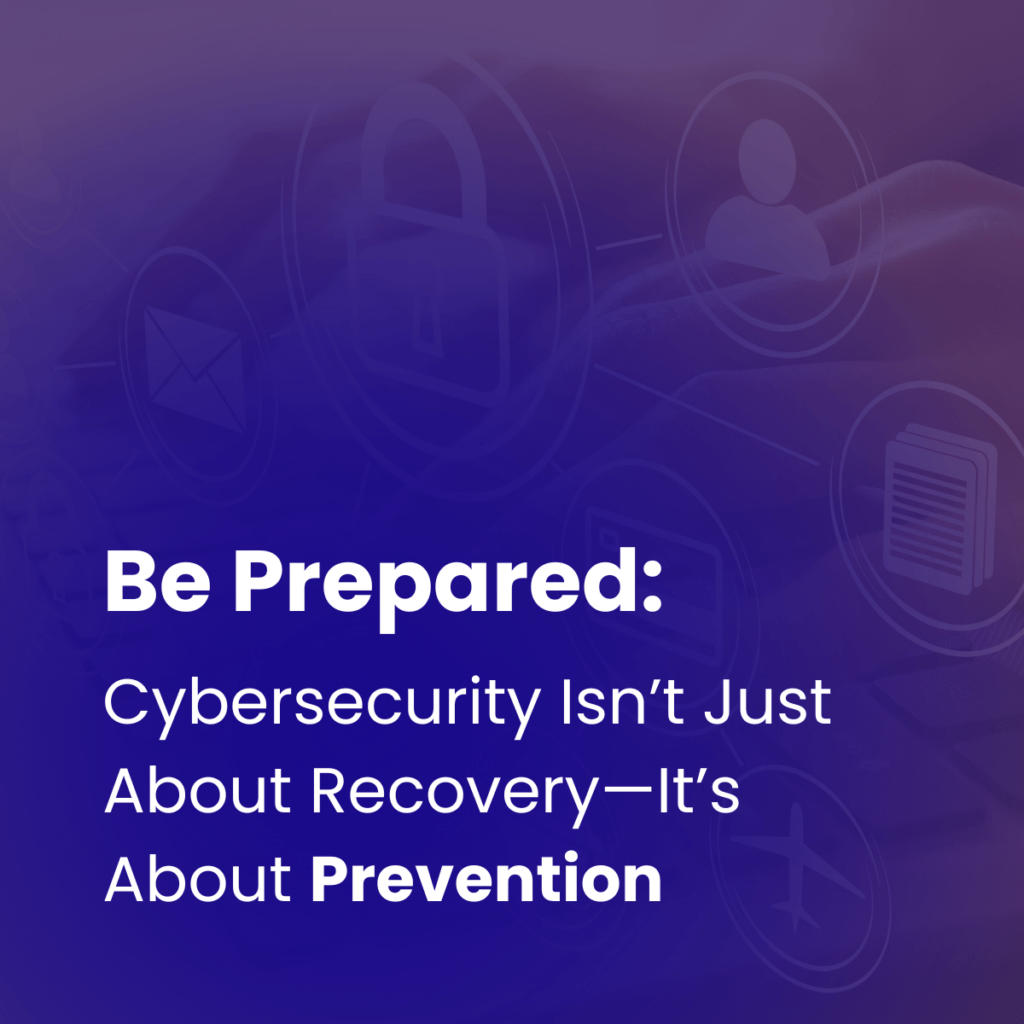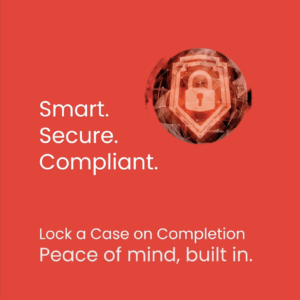
Picture this: You’re working on a survey, and suddenly, your computer locks up. A ransom demand flashes across your screen, or perhaps you realise client data has been accessed without permission. Panic sets in—but do you know what to do next?
Cyber attacks and data breaches can happen to any business, and knowing who to call in an emergency can mean the difference between swift damage control and a full-blown crisis. In the UK, several key organisations handle cyber crime reports and offer guidance on what steps to take.
First Steps After a Cyber Emergency:
A cyber attack can be overwhelming, but taking immediate action can help limit the damage. While every situation is different, here are some suggested first steps to help you respond effectively:
1️⃣ Stay Calm and Isolate the Threat
If a device is compromised, disconnect it from the internet and internal networks to prevent the spread of malware or data loss.
2️⃣ Check for Signs of Unauthorised Access
Look for unusual activity, such as remote access software you didn’t install, unexpected pop-ups, or unauthorised screen-sharing sessions. If you suspect your device has been taken over, shut it down immediately and seek professional IT support.
3️⃣ Change Your Passwords
Reset passwords for affected accounts, prioritising those linked to banking, email, and sensitive information. Use strong, unique passwords and enable multi-factor authentication (MFA) where possible.
4️⃣ Secure Your Devices
Run a full security scan on all affected devices using trusted antivirus software. Ensure your operating system and apps are up to date to fix any security vulnerabilities.
5️⃣ Check for Unauthorised Activity
Review account statements, emails, and login history for any suspicious transactions or access attempts. If financial information is at risk, contact your bank immediately to report the incident and take precautionary measures such as freezing your accounts if necessary.
6️⃣ Secure Backups
If you have recent backups, ensure they are safe and untouched by the breach. Avoid restoring from backups until you confirm they are clean.
7️⃣ Report the Incident
Cyber crime is a serious matter—report the attack to the appropriate authorities. See the list below for who to contact based on your situation.
These steps are just a starting point, and every case may require a tailored response. There are plenty of resources available to help you prepare and act in a cyber emergency, and of course, there are numerous preventative measures and tools available to help protect you from such incidents in the first place—check out our other security articles in the newsletter, including:
🔹 RICS Guidance on Data Security
🔹 Cybersecurity for Surveyors: Protecting Your Business and Personal Data Online
🔹 Other tips to help keep you, your team, and your business safe.
Who to Contact in a Cybersecurity Incident
1. Action Fraud – The First Stop for Cyber Crime Reports
What they do: Action Fraud is the UK’s national reporting centre for cyber crime and fraud. They assess reports and pass relevant cases to the National Fraud Intelligence Bureau (NFIB).
📌 Report online: Action Fraud Website
📌 Call: 0300 123 2040 to speak with a specialist advisor.
2. National Cyber Security Centre (NCSC) – For Serious Cyber Threats
What they do: The NCSC provides technical guidance and helps organisations manage cyber threats, particularly if they impact national security or critical industries.
📌 Report online: NCSC Incident Reporting
3. Information Commissioner’s Office (ICO) – When Personal Data is Involved
What they do: If your breach involves personal data, you might be legally required to report it to the ICO within 72 hours to stay compliant with UK GDPR.
📌 Report online: ICO Breach Reporting Form
4. Local Police – When There’s an Immediate Threat or Loss
What they do: If a cyber incident results in financial loss or involves criminal behaviour, contacting the police may be necessary.
📌 England & Wales: Contact your local police force.
📌 Scotland: Report to Police Scotland.
📌 Northern Ireland: Contact the Police Service of Northern Ireland (PSNI).
5. National Crime Agency (NCA) – For Major Cyber Attacks
What they do: The NCA investigates large-scale cyber crime and coordinates responses with other agencies.
📌 Referral process: Reports typically go through Action Fraud or local police, who escalate cases to the NCA when necessary.

Cyber threats are constantly evolving, and the best way to protect your business is by staying one step ahead. Prevention is just as important as having a recovery plan. Taking proactive measures can significantly reduce your risk of falling victim to an attack.
To minimise risk, make sure you:
✔️ Back up your data regularly – Ensure your backups are secure, up to date, and stored separately from your main network to prevent ransomware from locking you out.
✔️ Use multi-factor authentication (MFA) for extra security – Adding an extra layer of protection makes it much harder for cybercriminals to access your accounts, even if they steal your password.
✔️ Train your team to recognise phishing scams – Educating employees on how to spot suspicious emails, fake login pages, and social engineering tactics can prevent breaches before they happen.
✔️ Keep software and security systems up to date – Regular updates help close vulnerabilities that hackers might exploit.
✔️ Have a response plan so everyone knows what to do if an attack happens – A well-prepared team can act quickly to contain threats, limit damage, and keep your business running smoothly.
Cyber incidents can be overwhelming, but with the right contacts and a solid plan, you can take control of the situation.
🛡️ How Survey Booker Helps Protect Your Business 🛡️
While knowing who to call in a cyber emergency is crucial, prevention is always better than cure. Survey Booker provides a secure, cloud-based CRM designed to protect your data, streamline operations, and reduce cybersecurity risks.
✅ Encrypted Data Storage – Keep sensitive client and project information safe.
✅ Secure Client Communication – Reduce phishing risks with built-in messaging.
✅ Access Controls & Permissions – Ensure only the right people see the right data.
✅ Automated Workflows – Minimise human error and security vulnerabilities.
✅ Regular System Updates – Stay protected against evolving cyber threats.
✅ ISO 27001 Information Security Certified – We’re externally audited to check our security processes.
With Survey Booker, you’re not just managing your surveys efficiently—you’re adding an extra shield against cyber risks. Stay protected, stay compliant, and keep your business running smoothly.
🔐 Want to learn more? Click here to request a demo or call back from a member of the team.






